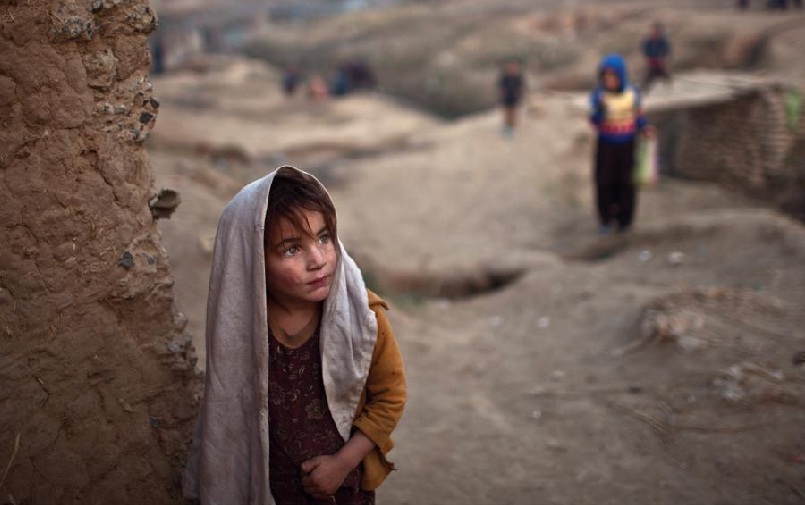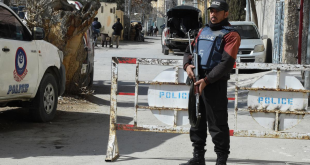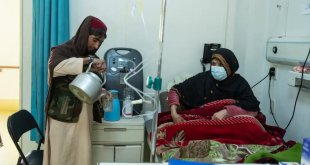AT-KABUL: More than half a million people have been internally displaced by conflict so far in2016, the highest number on record, the UN Office for the Coordination of Humanitarian Affairs (UNOCHA) in Afghanistan reported on Wednesday.
More than 515,815 internally displaced persons (IDPs) have been recorded as newly displaced in Afghanistan in 2016. This surpasses last year’s record of approximately 471,000 IDPs, and is around 15 percent higher than the same time last year, the agency said.
According to the report, more than 1.3 million Afghans have been internally displaced by conflict in the past five years, with severe humanitarian impact. As the conflict continues, increasing numbers of Afghans need humanitarian assistance, at the same time, the humanitarian community are facing greater challenges in safely accessing vulnerable families.
“When forced to leave their homes because of conflict, Afghan families face enormous challenges. They often lose their homes and livelihoods. It is not uncommon for displaced people to live in tents, and to be unable to feed their children or send them to school,” said Mr. Dominic Parker, Head of Office for UNOCHA in Afghanistan.
In addition to the high levels of internal displacement, the large surge of more than 600,000 Afghan registered refugees and undocumented returnees from Pakistan this year is also the matter of concern. Many of these returnees are vulnerable, and highly prone to becoming IDPs if the area they intend to return to is not conducive for a long-term future, the report added.
Mark Bowden, the UN Deputy Special Representative to the Secretary-General and Humanitarian Coordinator in Afghanistan, said that with an increasing number of IDPs unable to return home, the humanitarian community, government and development partners must work together to effectively address the growing issue of Afghan families living in long-term displacement.
“I am concerned these record figures show not just an alarming number of new IDPs, but a longer term crisis where increasing numbers of families in Afghanistan are facing prolonged displacement,” said Mr. Bowden. “We must collectively rethink the manner in which we provide assistance and ensure that vulnerable displaced families not just receive lifesaving, emergency humanitarian assistance, but support that delivers a real opportunity for IDPs to rebuild their lives for the long-term.”
The United Nations says it has received a little over half of the $152 million in emergency funding it needs to address the immediate needs of internally displaced people in Afghanistan.
 Afghanistan Times
Afghanistan Times




